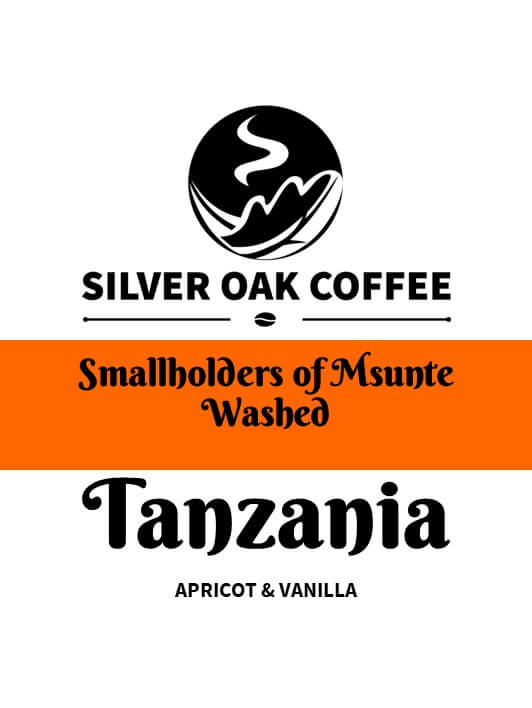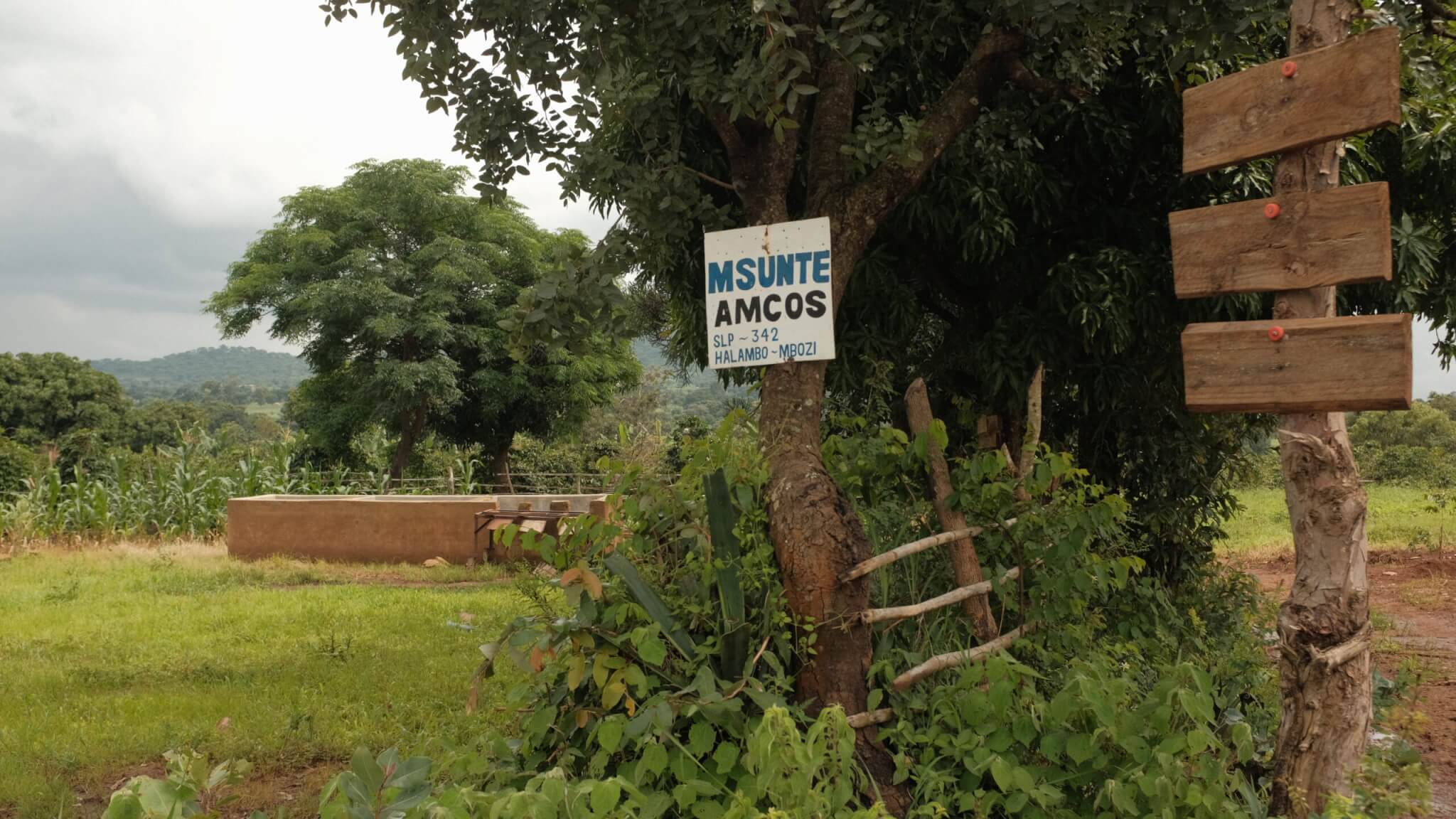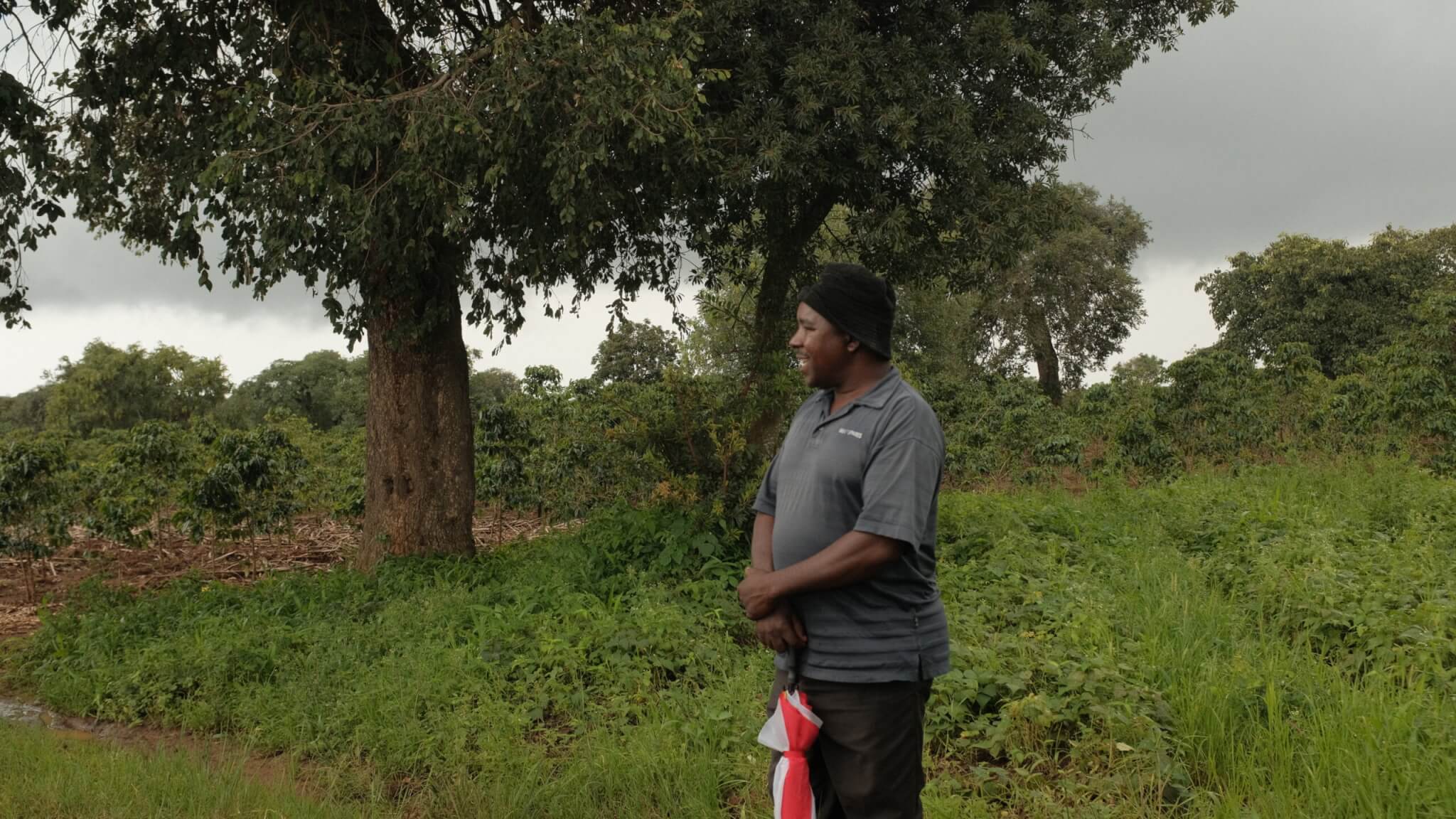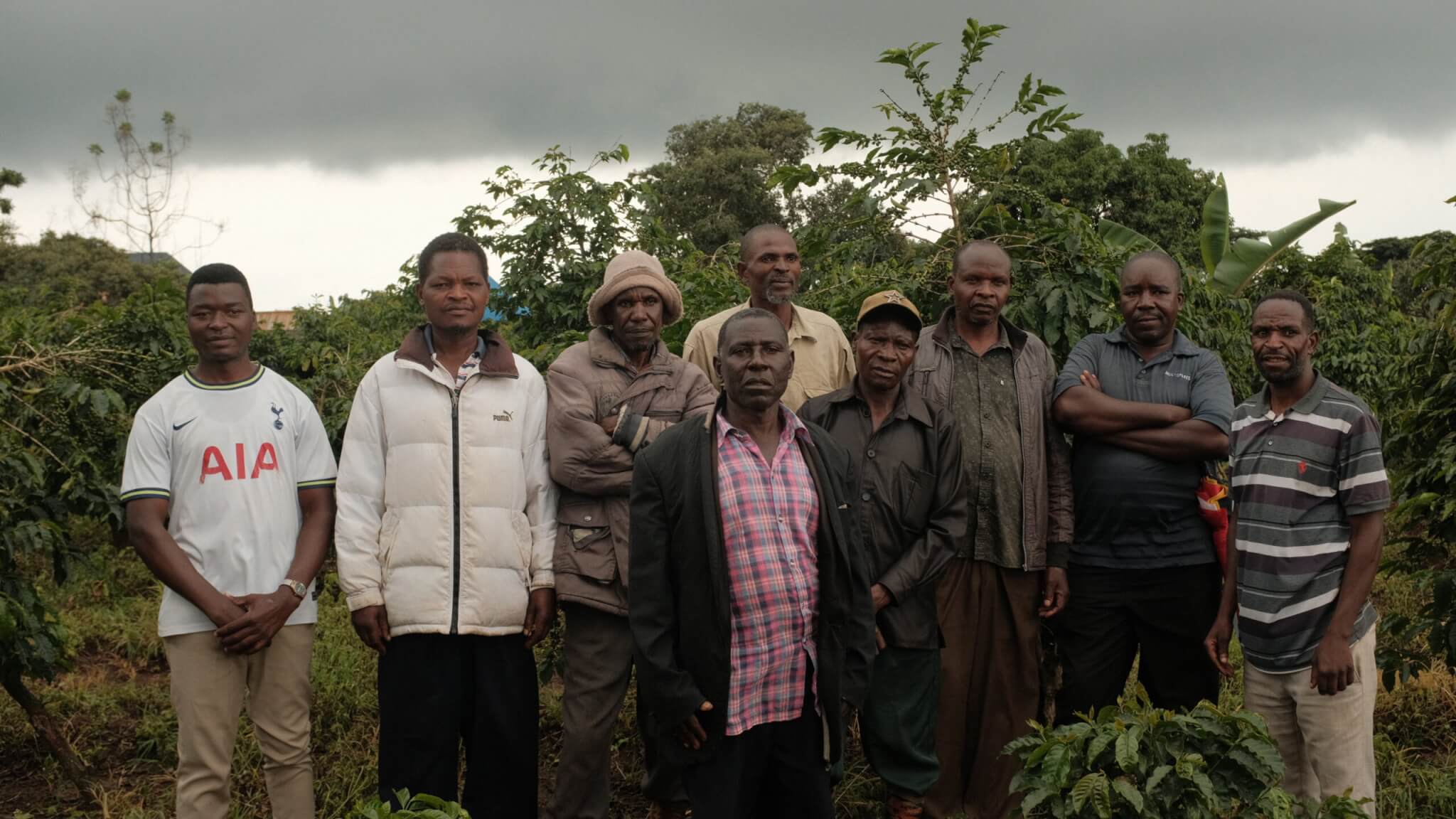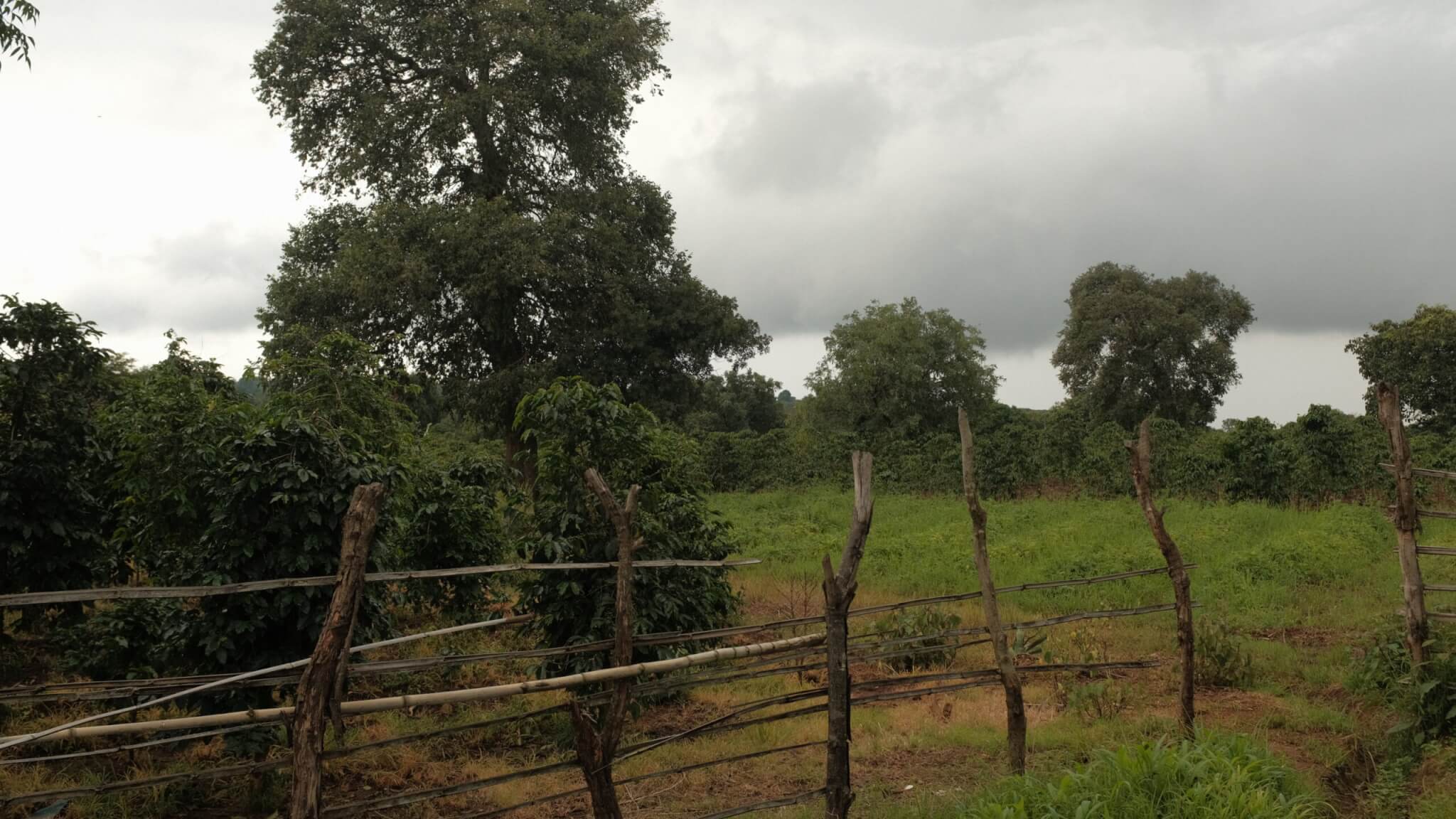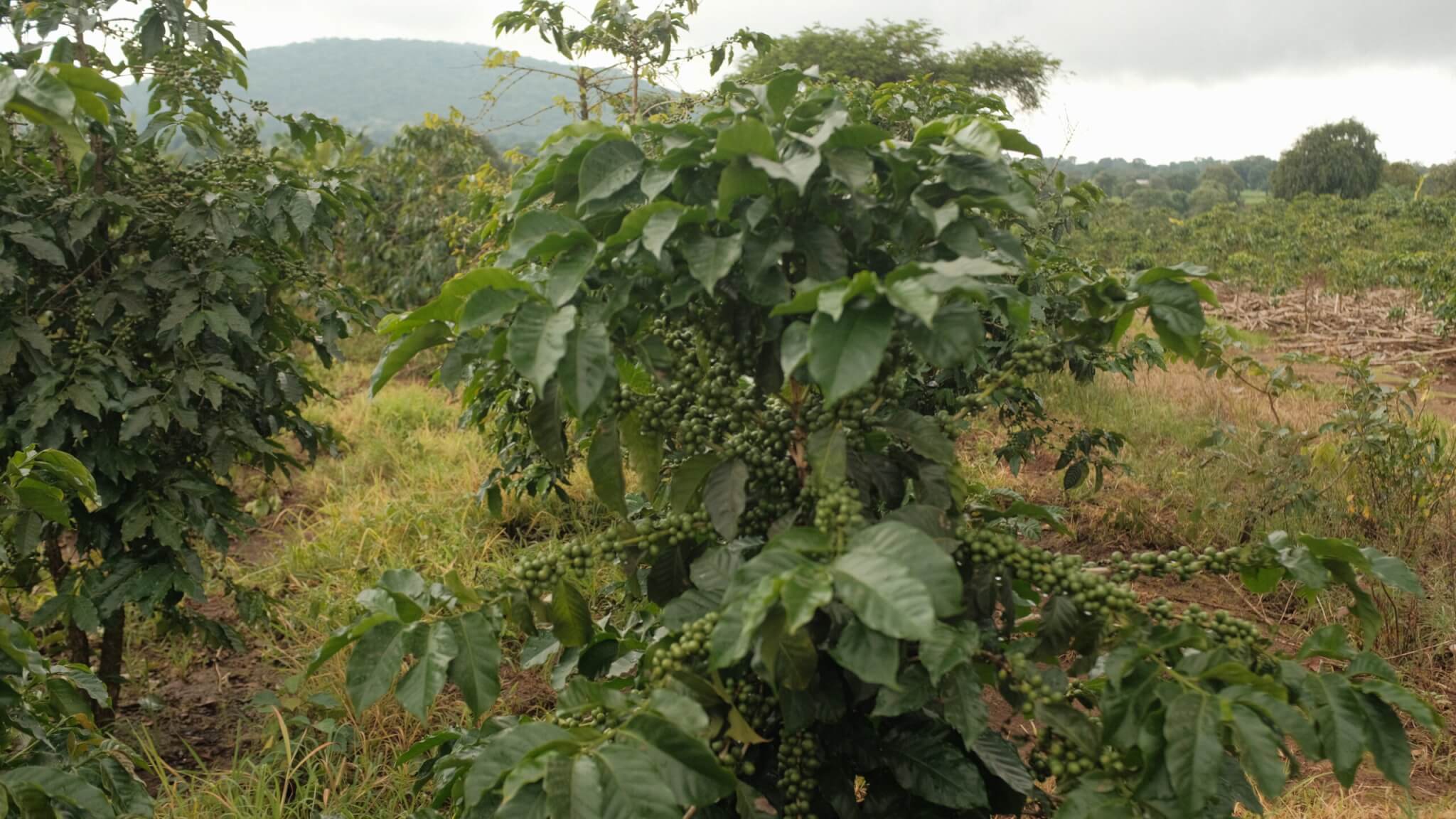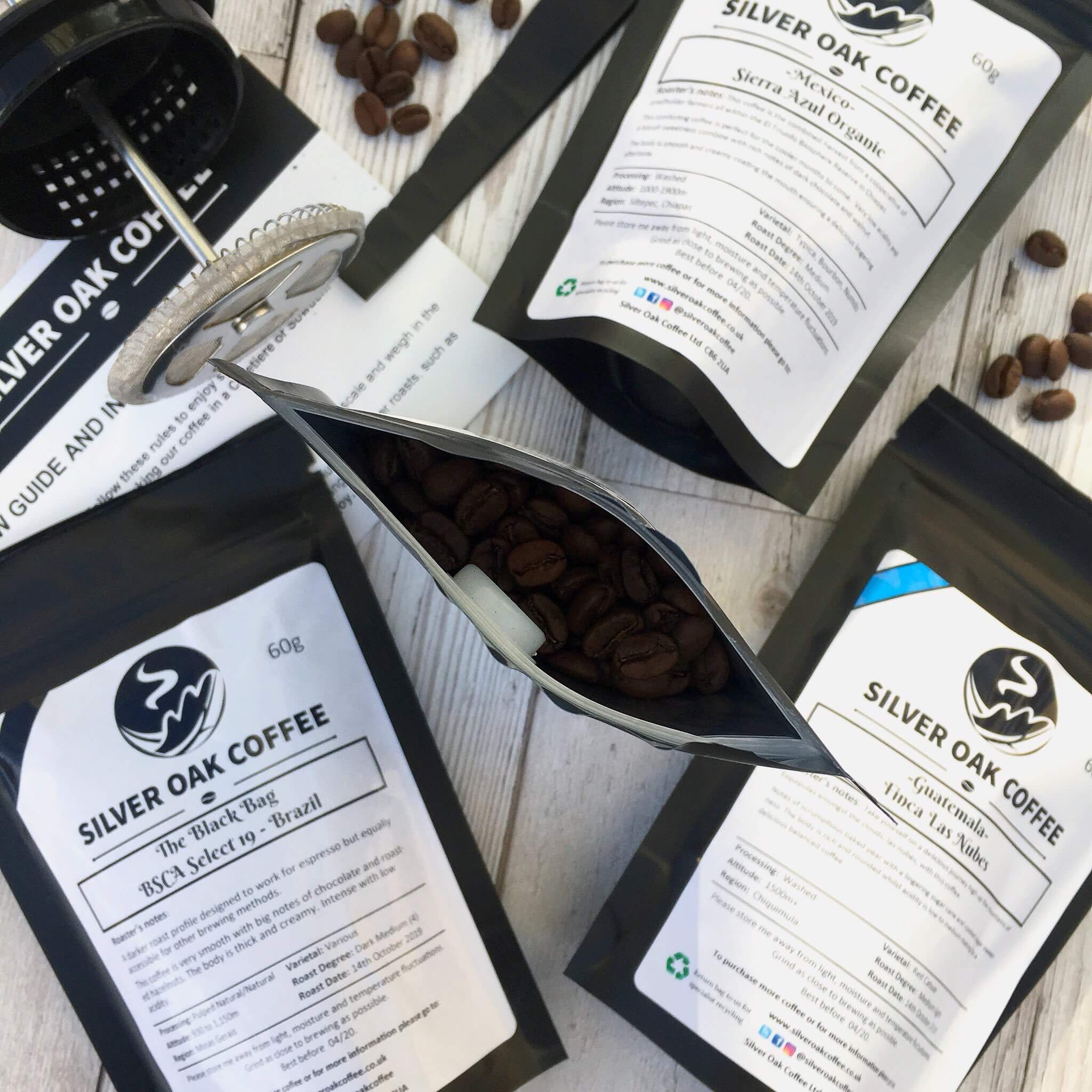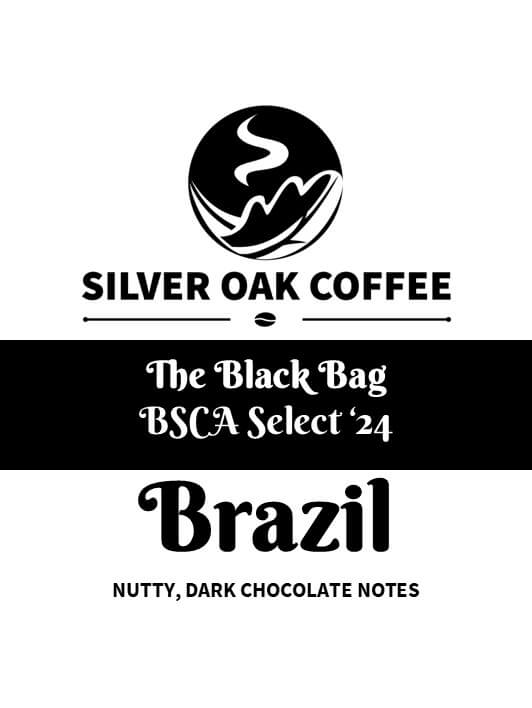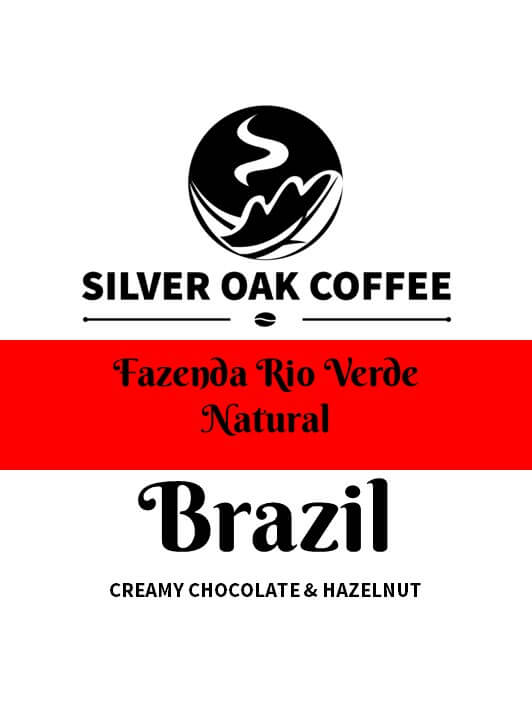Description
Roaster’s tasting notes:
I have roasted this coffee to raise sweetness and tame acidity to increase the accessibility of the flavour profile.
The result is of dried apricot balanced by a high buttery vanilla sweetness yet it is the finish where this excels, lingering and moreish. Delicious.
Additional information:
Coffee has been around in Tanzania for centuries, beginning with the Haya tribe in the northwest, back in the 16th century. Coffee soon spread throughout the North after the British and the Germans bought up land and planted coffee at a larger scale. Today, coffee grows more in the South, and about 6% of the population is involved with coffee production. And this number is only growing. Tanzania’s government strongly supports coffee production and are currently seeking ways to increase yields.
In the southern reaches of Tanzania is the region of Songwe, hugging the borders of Zambia and Malawi, a rich coffee-producing area of the country. It is here where the Mbozi District is situated, filled with an array of coffee producers, and the location of the Msunte AMCOS, the source of coffee for this lot.
The Msunte AMCOS was initiated in February 2022 in order to collect coffee from local smallholder farmers in the villages of Halambo, Halungu, and Hampangui to sell it collectively as one lot. The cherries are collected and processed utilizing their milling facilities which include two traditional pulping machines, fermentation tanks, and raised beds.
Thanks to the support from the Tanzanian government, the members of the Msunte AMCOS have received 10,000 Compact coffee seedlings in order to promote coffee production. This is something common throughout Tanzania, as the country would like to grow and support coffee farmers in order to create a bright future for these communities.
During the harvest, the cherries are collected from each of the 190 farmers belonging to the AMCOS. The cherries are sorted, removing any underripe cherries, before they are washed. The cherries are then pulped to remove the external fruit, and fermented in cement tanks to initiate fermentation, and the breakdown of the remaining mucilage. The coffee is then dispersed on raised beds to dry in the open sun until the ideal moisture content is reached. Once dried, the coffee is delivered to the Coffee Management Services (CMS)
dry mill in Songwe. CMS assist AMCOS groups with dry milling, sorting, and exporting.
About Dormans Exporting Group
Dormans Tanzania Limited was founded in 1992 to initiate the privatization of the country’s coffee sector and became the first exporter of coffee in Tanzania. After a year of operation, they were able to construct a mill in Moshi and initiate buying out of Mbinga and Mbeya in the southern areas of the country. Over time, and with support from external organizations such as ECOM, Dormans have been able to spread throughout Tanzania, Kenya, and Rwanda. They offer educational trainings in agricultural product usage,
good agricultural practices, and certification.
Screen sizing in Tanzania
The AA, AB and other grades used to classify lots in Tanzania are an indication of screen size only. They are not an indication of cup quality. The AA grade in Tanzania is equivalent to screen size 17 or 18, AB is equivalent to 15 or 16, used at other origins. AA grades often command higher prices at auction though this grade is no indication of cup quality and an AB lot from a better farm may cup better. PB (denoting Peaberry) is the smallest screen size.
